Pfizer CEO Albert Bourla sees ‘a scientific renaissance’ in the U.S. amid backdrop of political threats to the future of research
Also: 90% of earnings calls mention tariffs, China says there are no talks with Washington on trade.

- In today’s CEO Daily: Diane Brady talks to Pfizer CEO Albert Bourla about defending science amid a backdrop of political threats.
- The big story: Trump’s tariff regime is open to compromises.
- The markets: Mixed. Gains in the U.S. and Asia but gloom persists in Europe and S&P futures.
- Analyst notes from Macquarie and Claudia Sahm on Trump and Powell, Goldman Sachs on the dollar, and Nomura on the political effect of cheap Chinese imports.
- Plus: All the news and watercooler chat from Fortune.
Good morning. Pfizer’s Albert Bourla has become a fixture among Fortune 500 CEOs, having run the pharma giant since 2018. Yet Bourla—who trained as a veterinarian and joined Pfizer’s animal health division in 1993—considers himself a scientist first and a businessman second. As he said at a New York Academy of Sciences (NYAS) dinner last night where he was being honored: “Science is the cornerstone of progress in our society.”
It’s an odd and fascinating time for anyone who cares about science. As Bourla says, “We are experiencing a scientific renaissance, with previously unimaginable technology and advances in science.” And yet we’re also in a period where science is under threat, from cuts in federal funding, attacks on universities, or the misinformation guiding the agenda of HHS Secretary Robert F. Kennedy Jr.
Winner’s of Elon Musk’s $100 million X Prize for climate tech received their awards at the Time 100 Summit yesterday in New York, but Musk is now a special employee in Washington who is cutting funds for climate research.
It’s too soon to know if this will result in fewer patents (the U.S. granted more than 350,000 patents for inventions in 2020), less innovation, or declining U.S. competitiveness. The business leaders I speak to are as concerned as the scientists writing open letters to warn that “the nation’s scientific enterprise is being decimated.” What is Silicon Valley without Stanford? Where is America’s innovative spirit without many of the brilliant minds we’ve recruited from elsewhere? The products born from research spawned with public money?
As NYAS CEO Nicholas Dirks, a former chancellor of Berkeley, said last night: “We know that in the midst of some of these cuts, we need to think differently about how we support science.”
Bourla, for one, remains an optimist. As he told me last night, Pfizer is not slowing down when it comes to investing in innovation and initiatives to inspire the next generation of scientists. Celebrating America’s long history of fact-based science is a start.
More news below.
Contact CEO Daily via Diane Brady at diane.brady@fortune.com
This story was originally featured on Fortune.com
















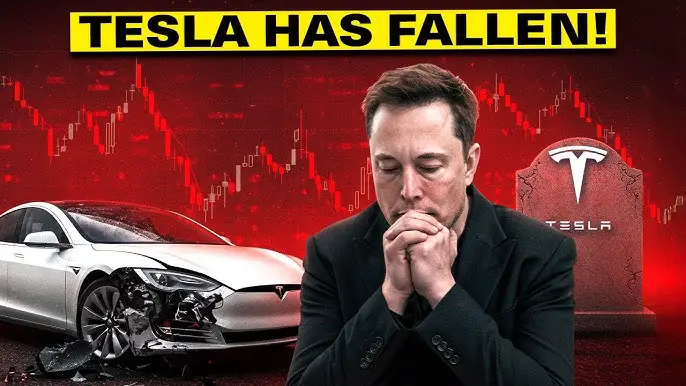






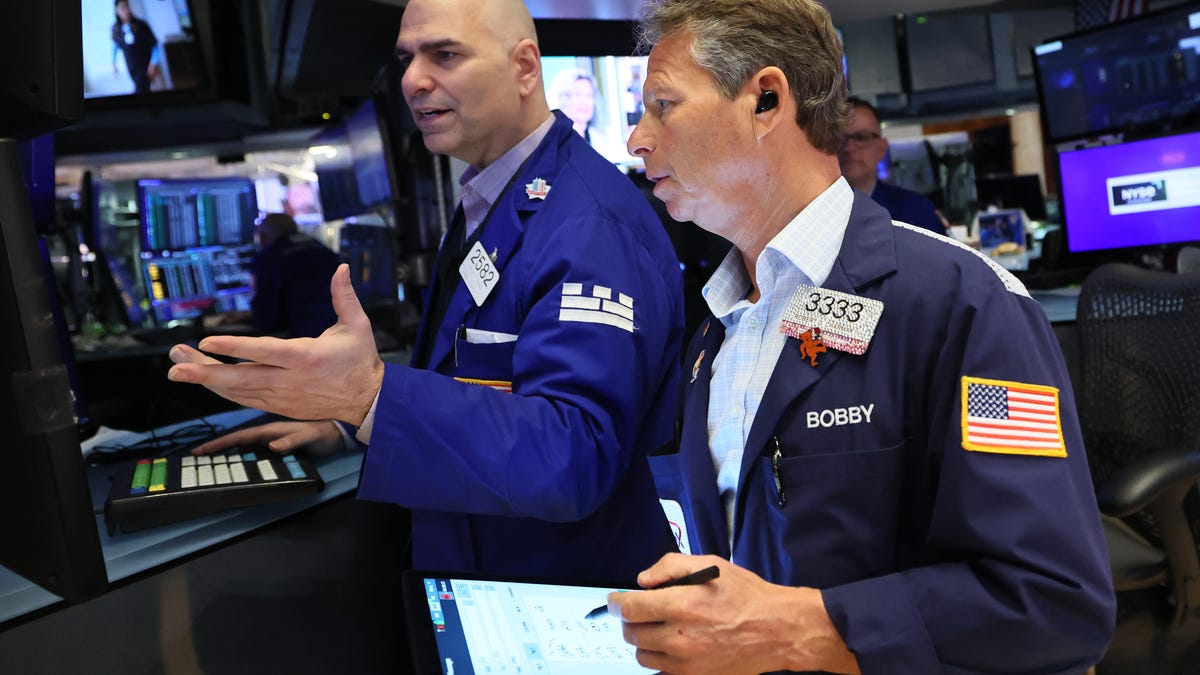
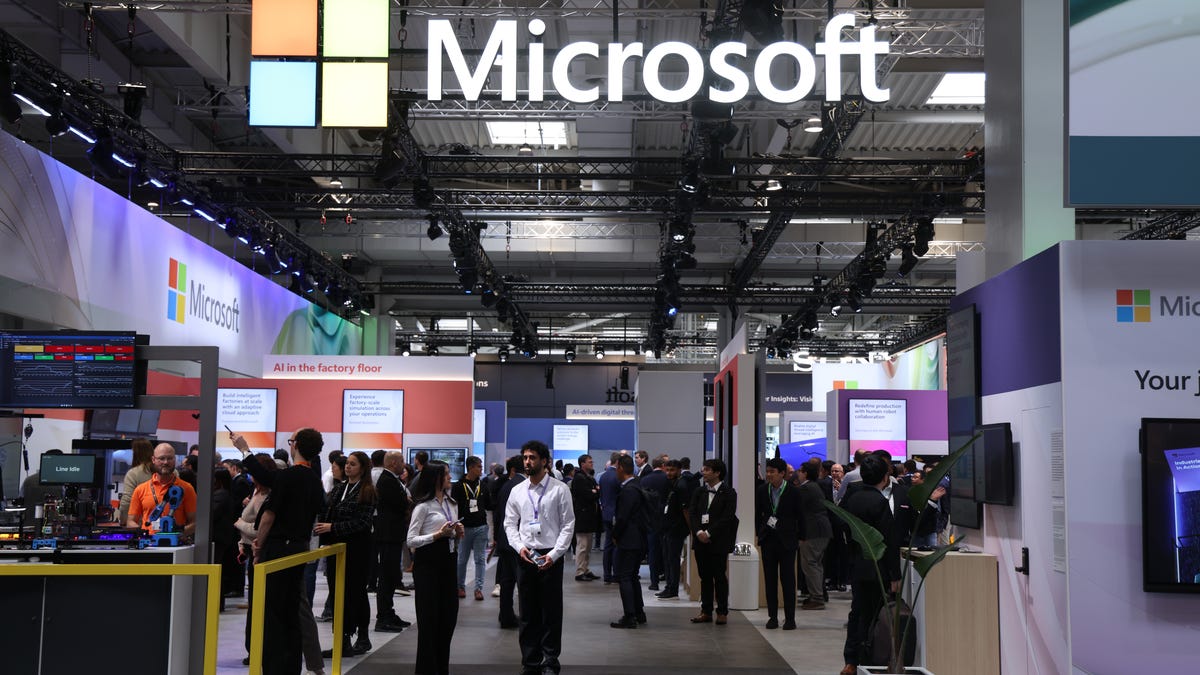





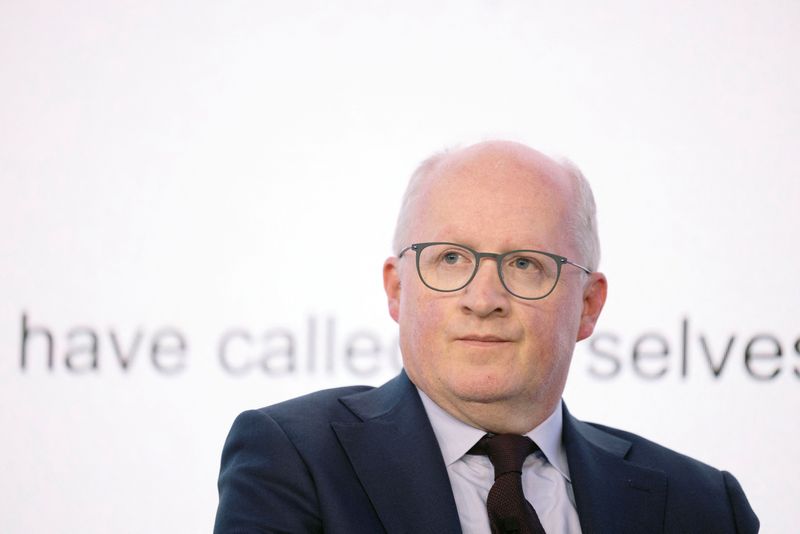
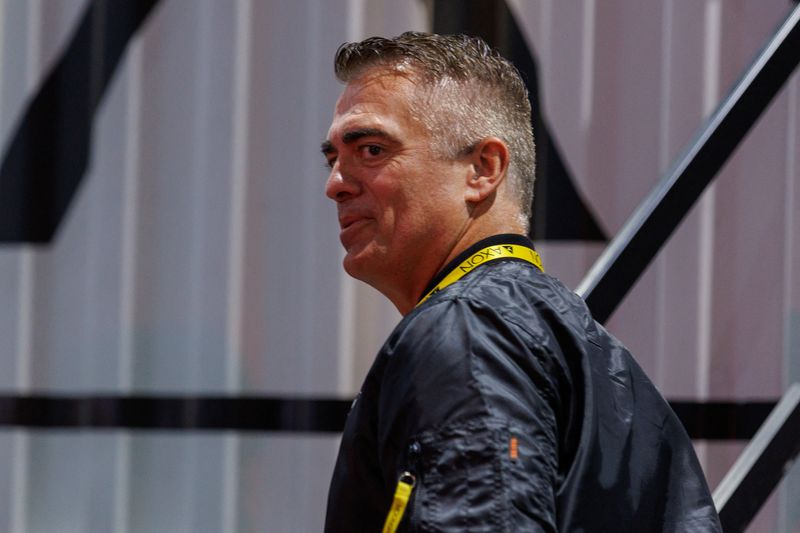
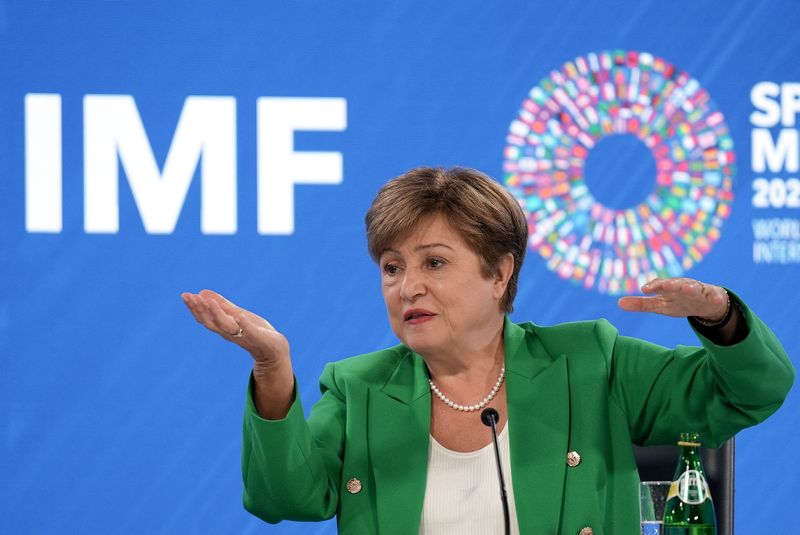





















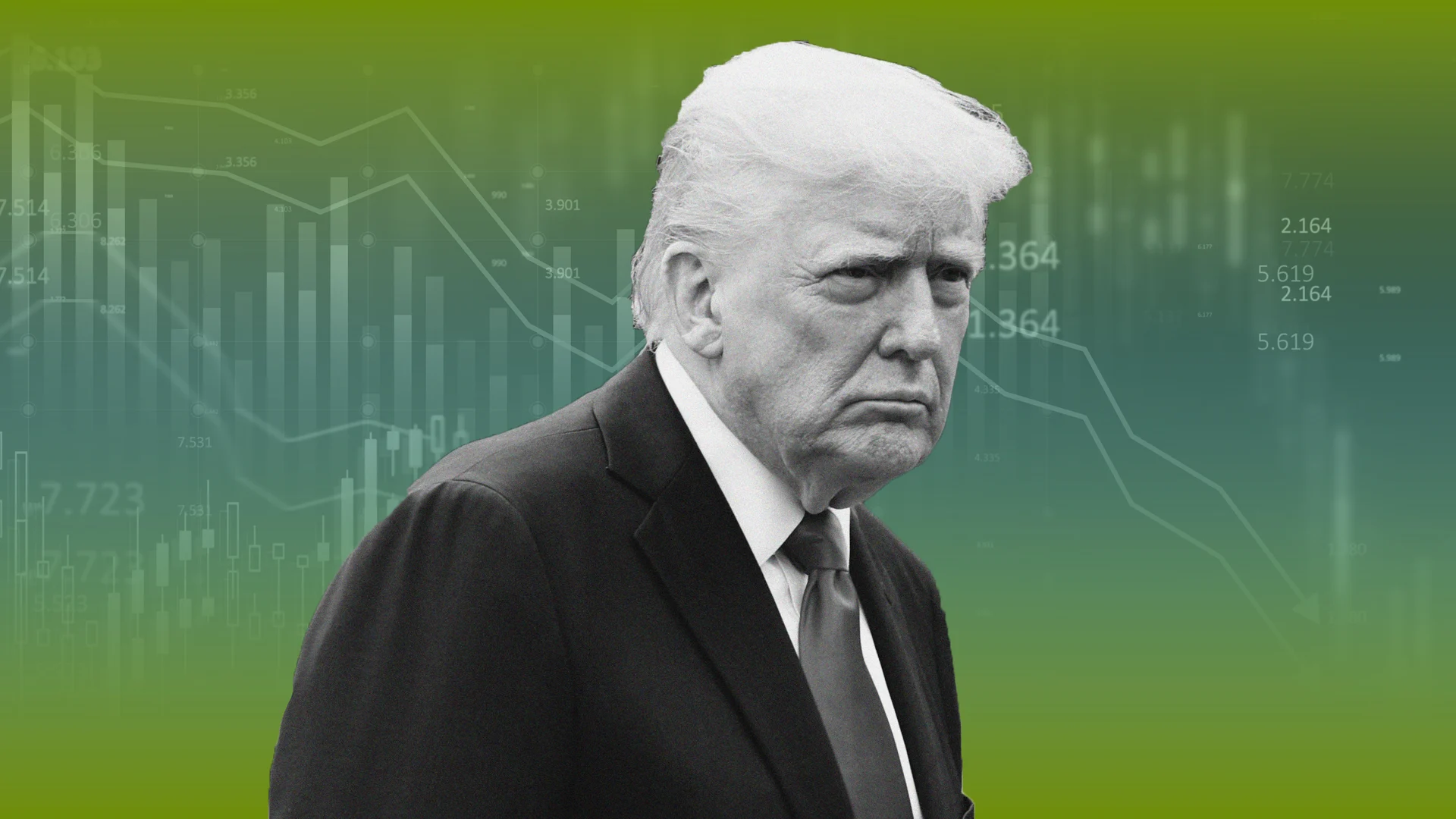
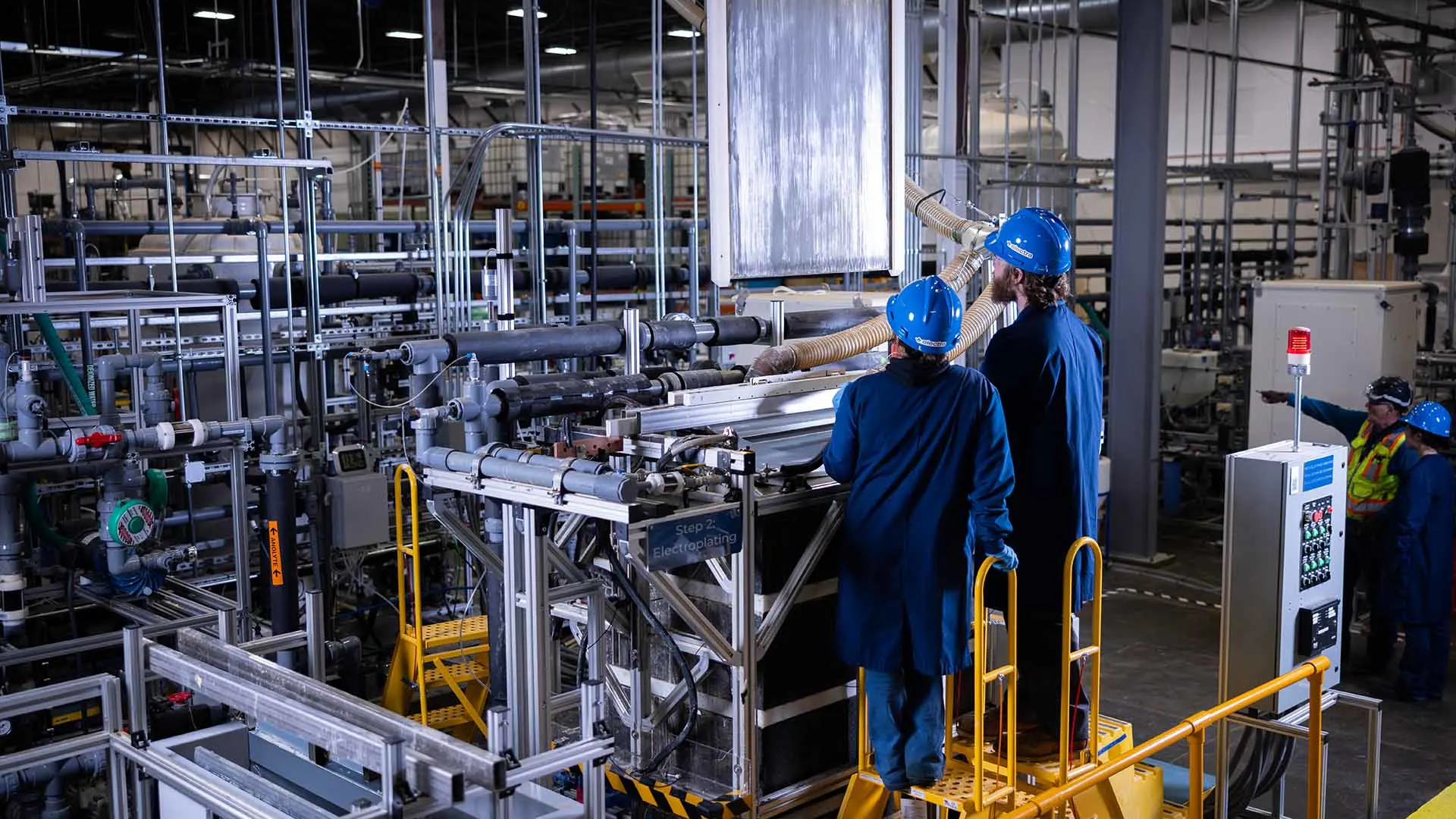
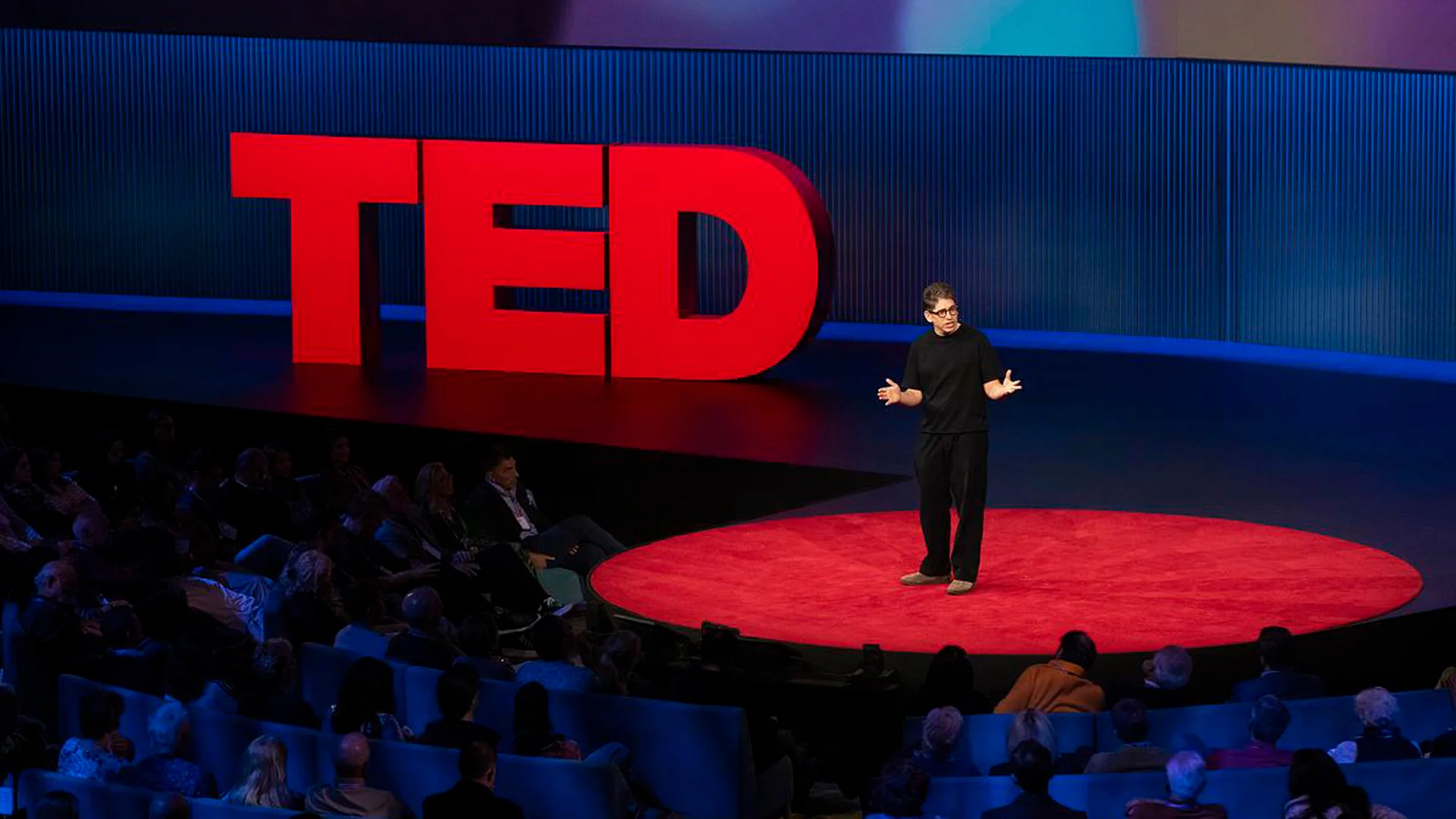
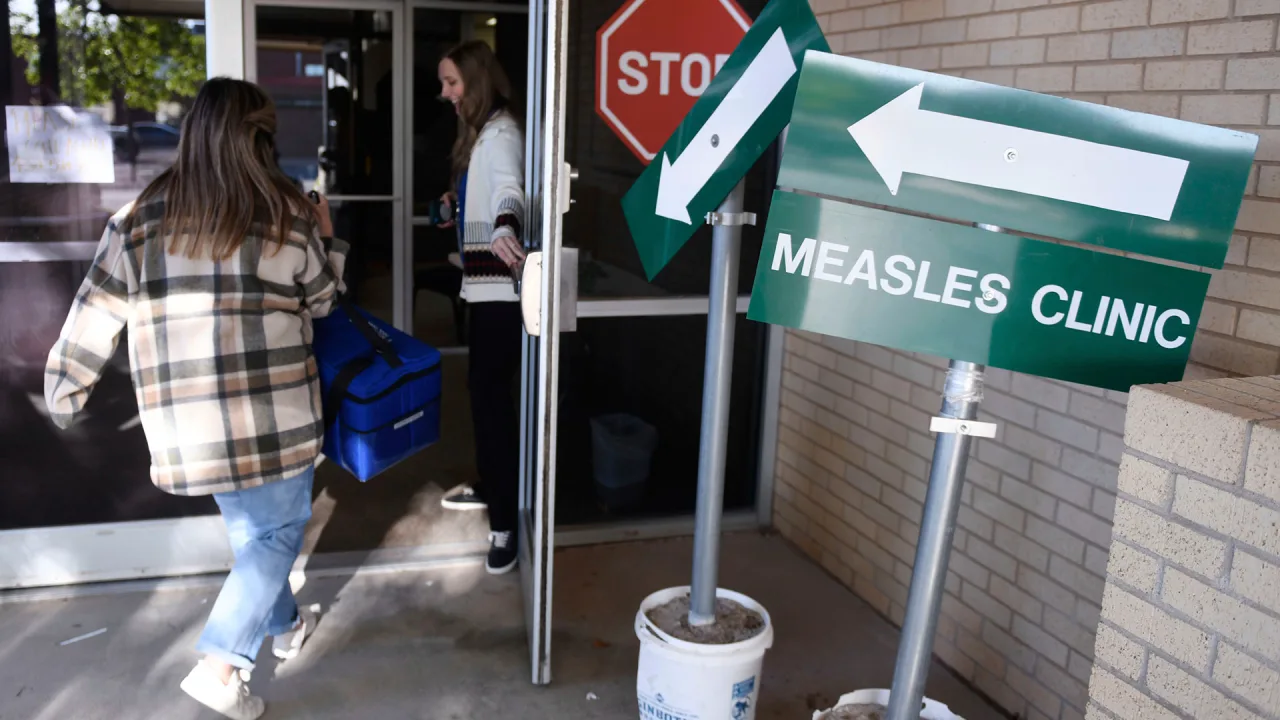

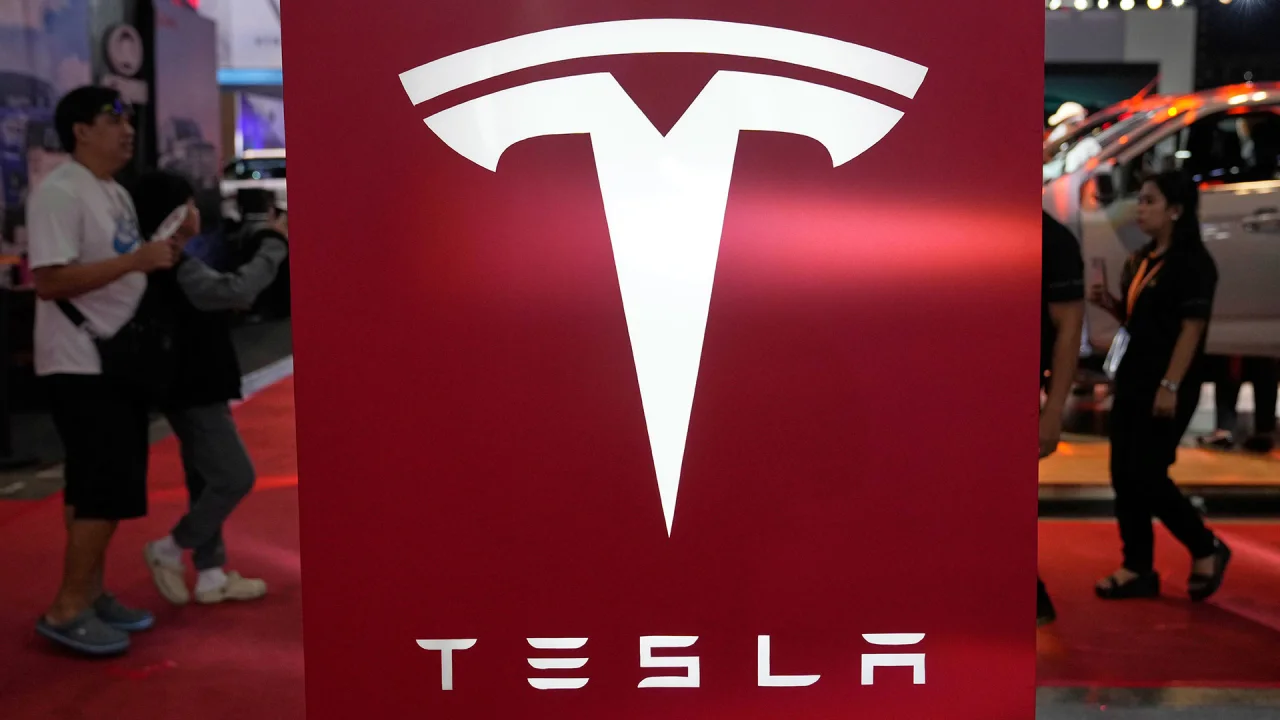

















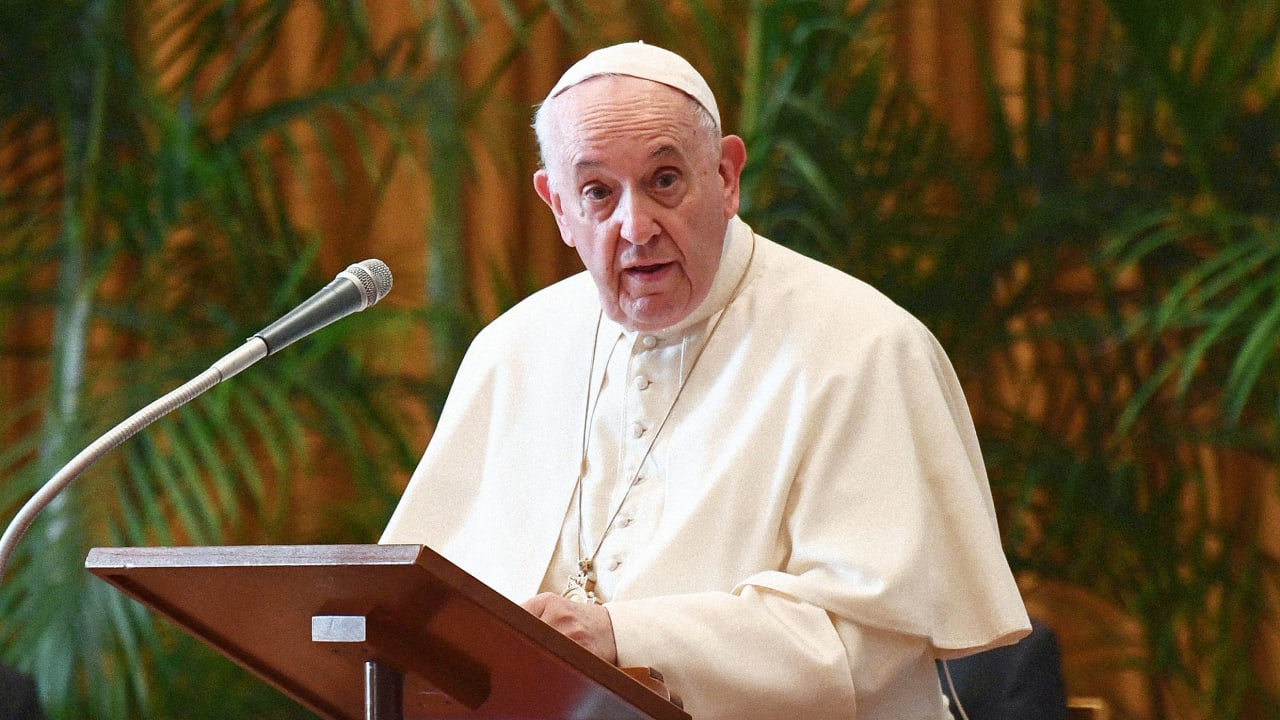







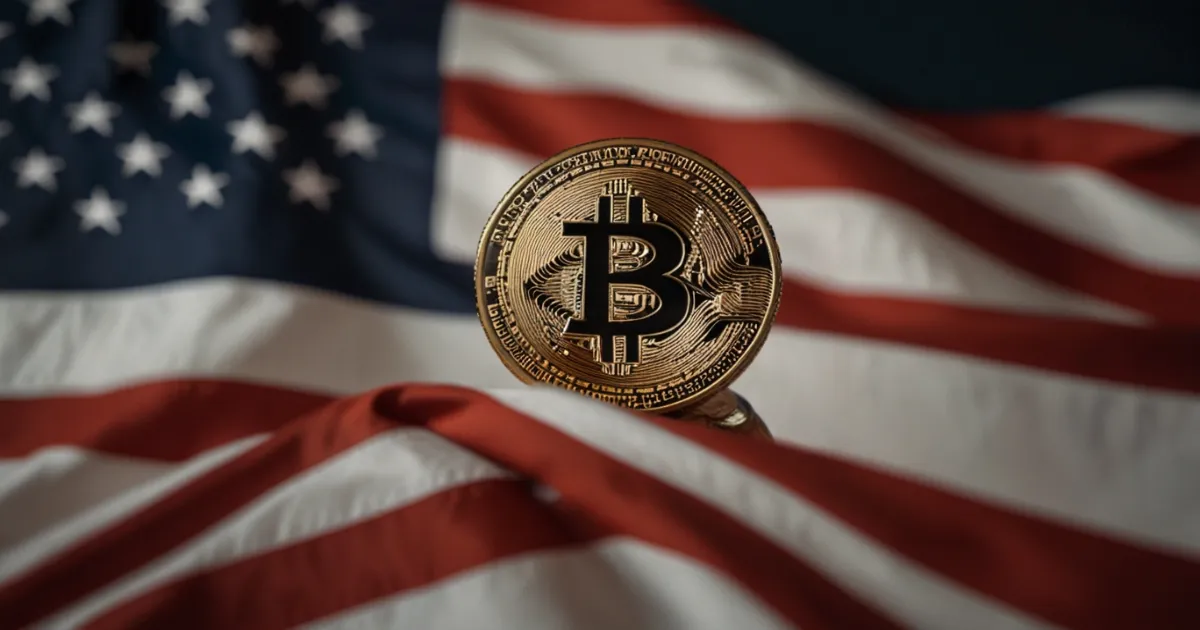

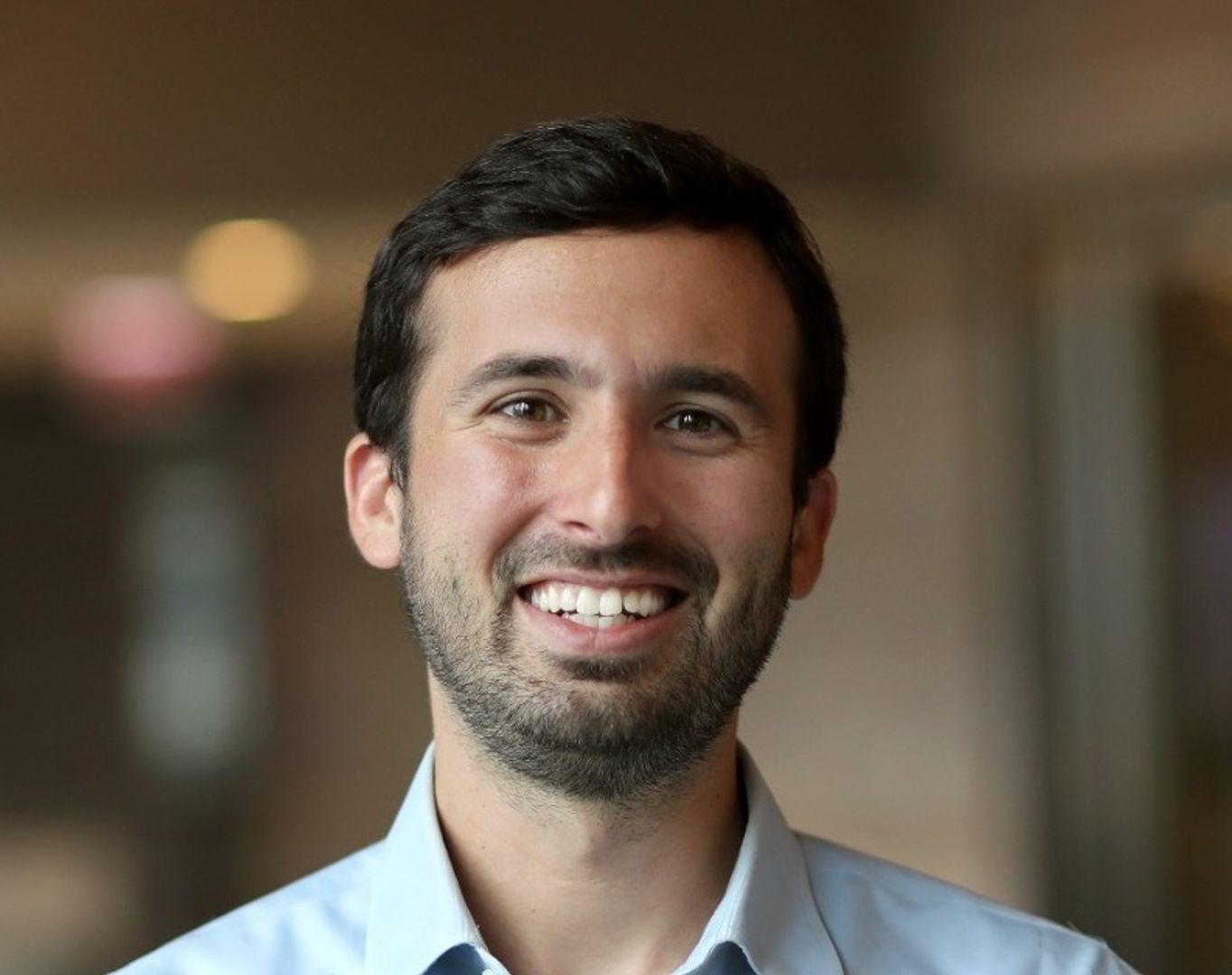







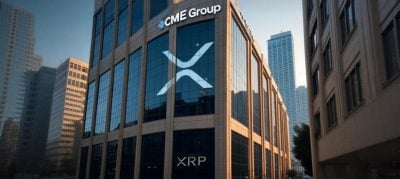














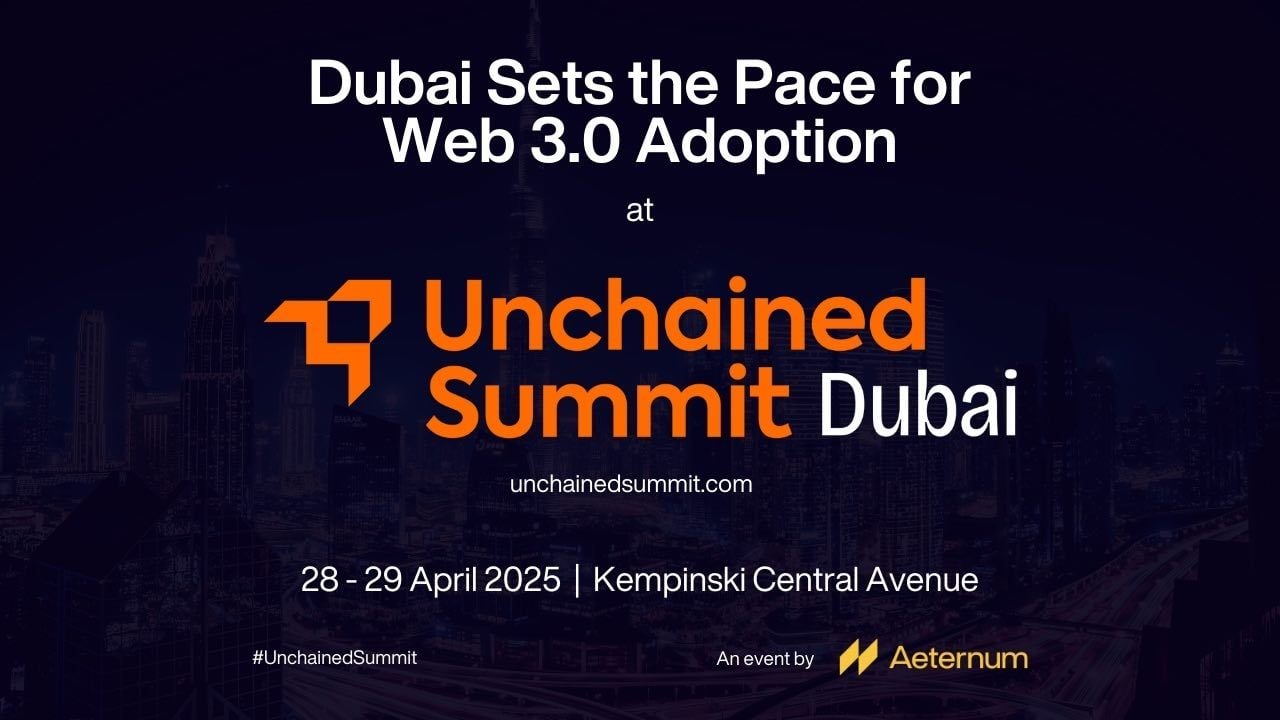






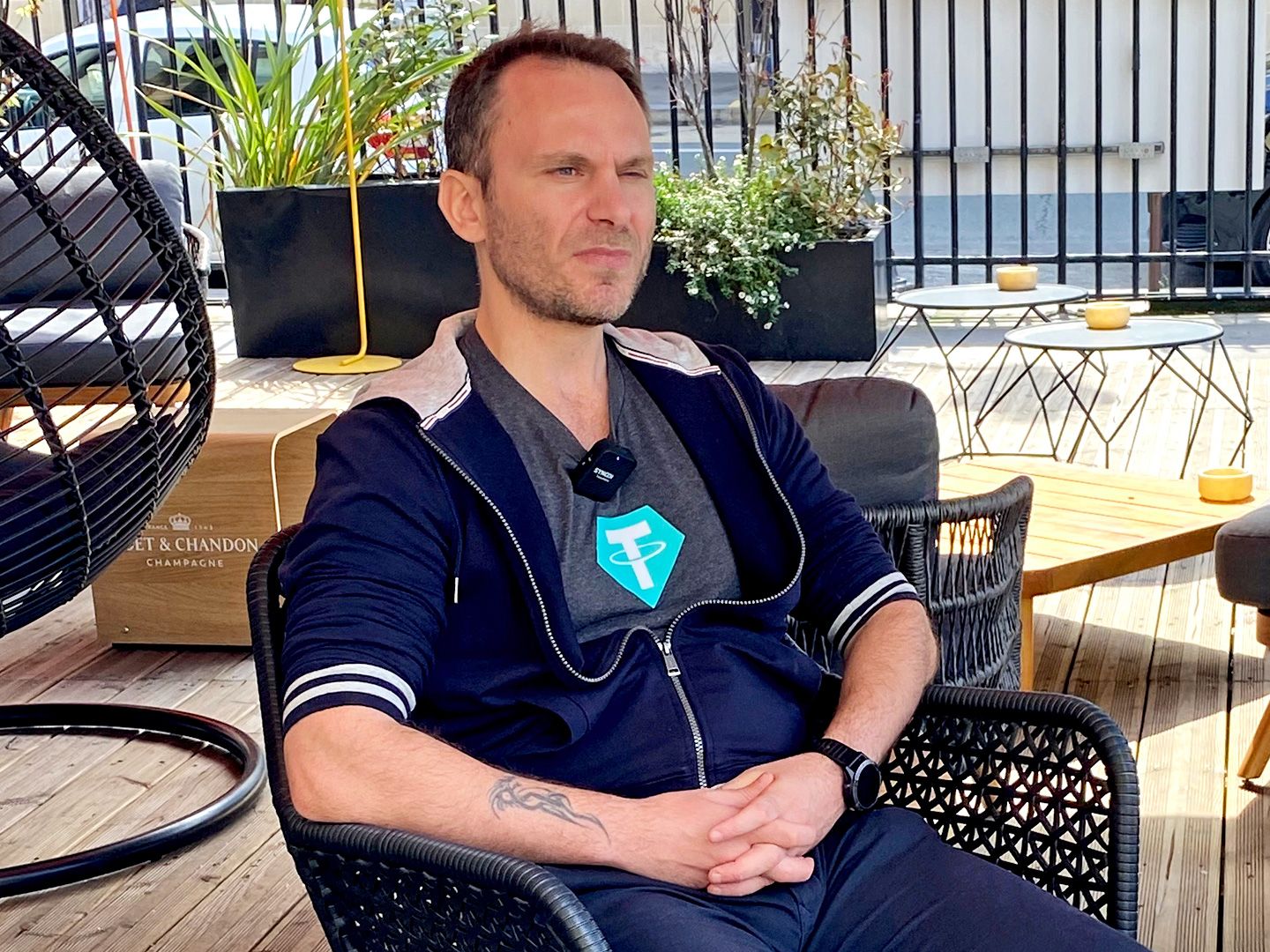
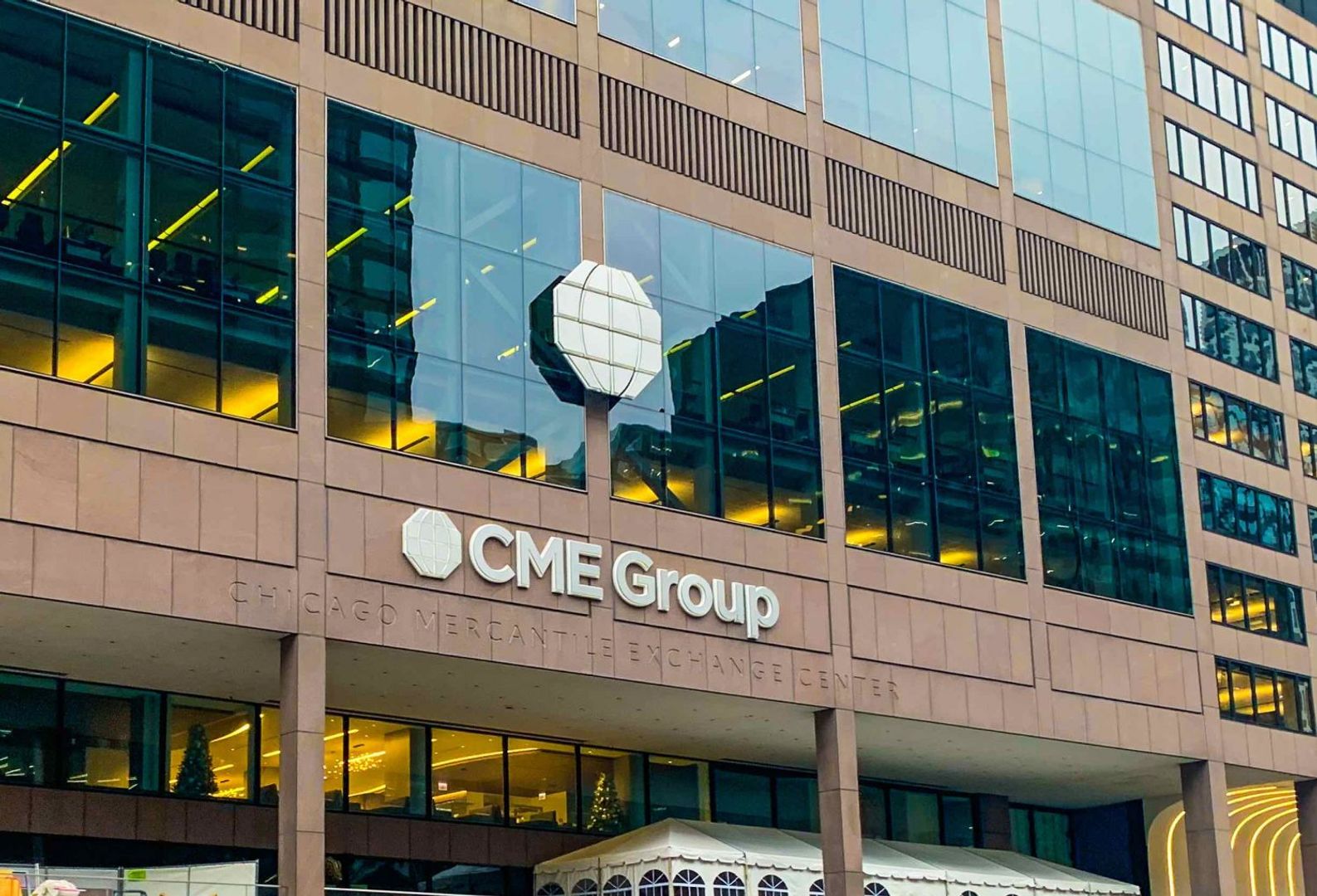
































































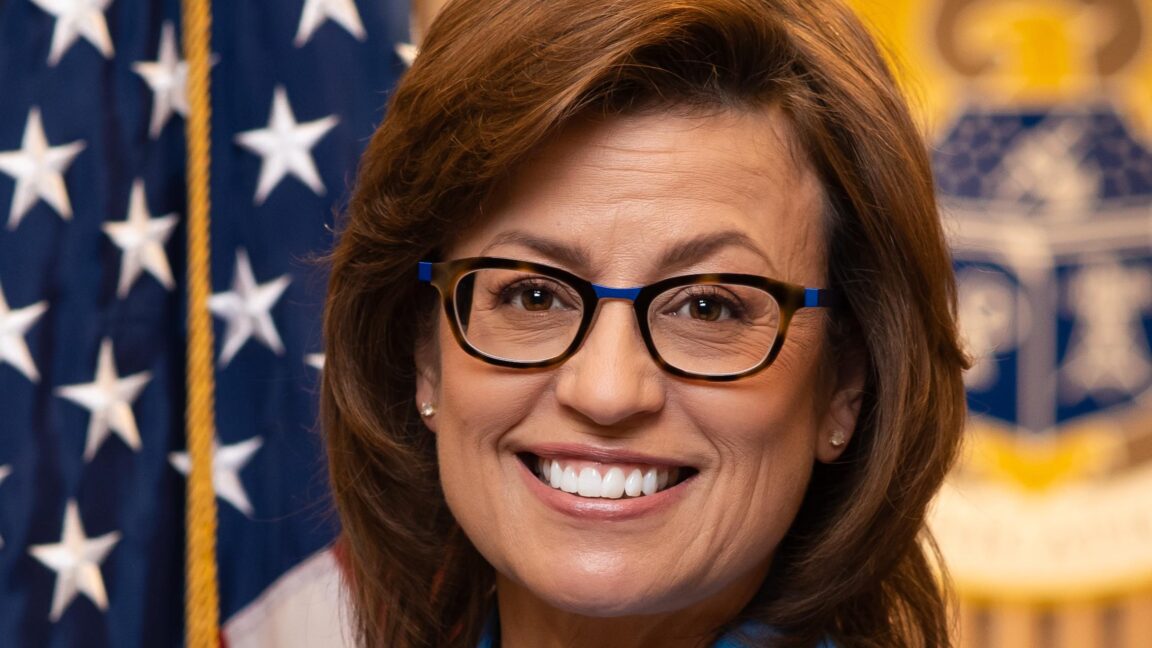








![How to Find Low-Competition Keywords with Semrush [Super Easy]](https://static.semrush.com/blog/uploads/media/73/62/7362f16fb9e460b6d58ccc09b4a048b6/how-to-find-low-competition-keywords-sm.png)
